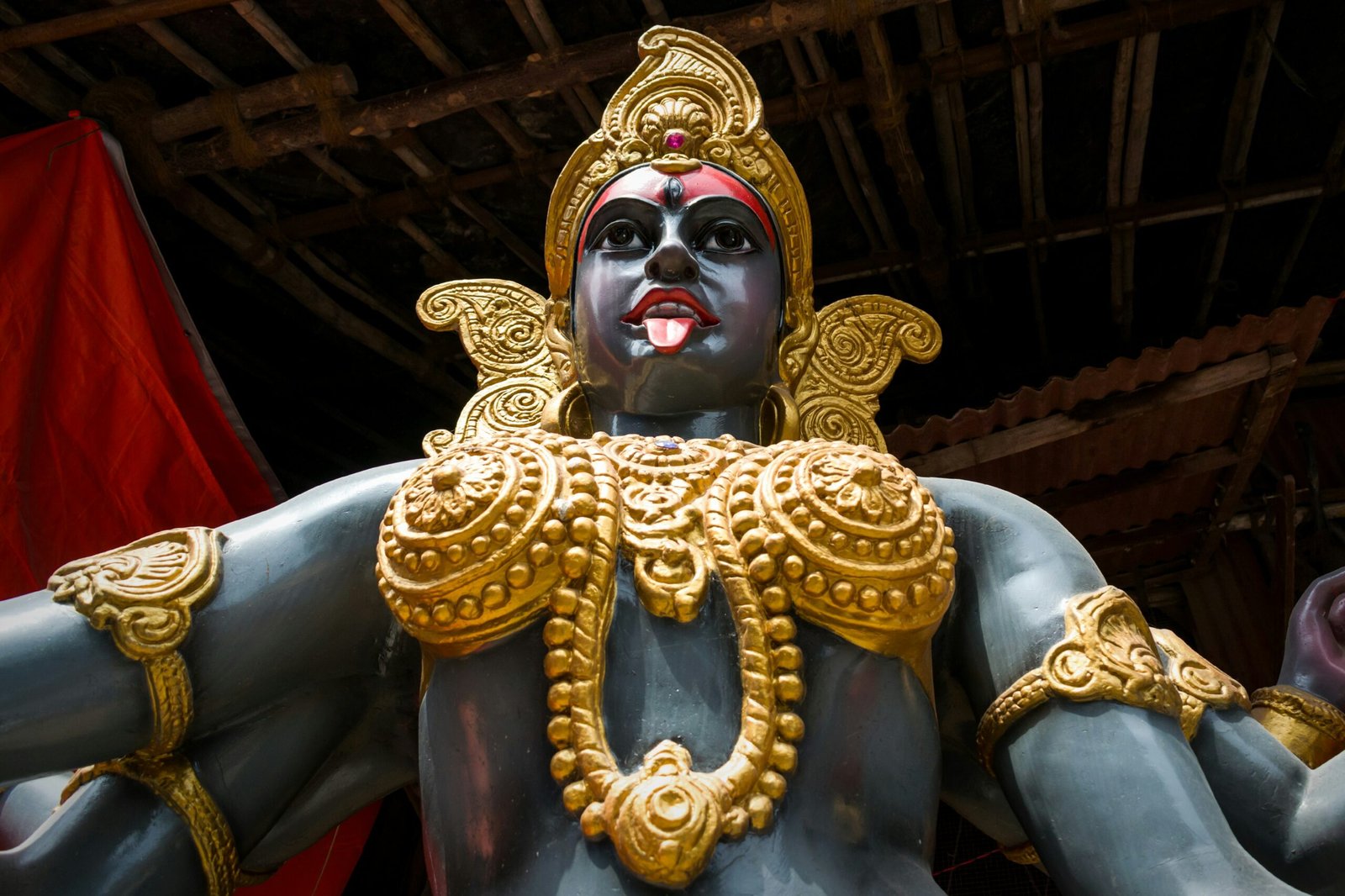The relationship between fans and their idols is often characterized by intense emotional investment. For many individuals, idols serve as symbols of hope, inspiration, and aspiration. This connection forms the bedrock of a fan’s identity, as they often align their values and beliefs with those projected by their admired figures. Whether through music, acting, or sports, idols have the power to influence their followers significantly. Thus, the authenticity of these public personas becomes paramount in the entertainment industry.
In an era where social media amplifies visibility and connectivity, the discrepancies between an idol’s true self and their curated image can lead to profound disillusionment for dedicated fans. The portrayal of an idol can sometimes be meticulously crafted, resulting in a stark contrast between the individual’s authentic life and the narrative fed to the public. When fans discover underlying truths that diverge from the idol’s marketed persona, it can generate feelings of betrayal, sadness, and confusion.
As society becomes increasingly aware of the importance of mental health and emotional well-being, the ramifications of such dissonance can be detrimental. The feelings of despair stemming from a breach of trust within this dynamic are essential to address. This article aims to explore the various emotional reactions fans may experience when the idols they deeply admire do not align with their public representations. By investigating the dichotomy between reality and perception, we can better understand the impact such revelations have on fans and the broader implications for the entertainment industry as a whole.
Understanding the Fan-Idol Relationship
The relationship between fans and their idols is often intricate and deeply emotional, characterized by a unique bond that can evolve into what psychologists describe as a parasocial relationship. This phenomenon occurs when fans develop an emotional attachment to celebrities or idols, perceiving them as friends or confidants despite the lack of any reciprocal interaction. Such relationships can significantly influence fans’ self-esteem and emotional well-being, as they often invest considerable time and energy into following the lives of their idols.
Fans typically harbor high expectations of their idols, influenced by the curated portrayals of these figures in the media. Social platforms and fan interactions often present an idealized image of idols, leading fans to believe they possess lifestyles and personalities that reflect perfection. However, this perception frequently contrasts sharply with reality, as idols are human beings coping with immense pressures and challenges. The burden of maintaining a pristine public image can lead to emotional distress, mental health struggles, and a sense of isolation for idols.
This disconnect between fans’ expectations and the idols’ realities can contribute to feelings of despair or betrayal when fans uncover the truth. It is essential to recognize that idols, although they may project an image of flawless success, contend with the same insecurities and challenges faced by anyone else. As such, it is critical for fans to engage with the fan-idol relationship thoughtfully and acknowledge the complexities involved. Understanding these dynamics can help in mitigating feelings of disillusionment that arise when idols fail to meet the unrealistic expectations set by their adoring public. Ultimately, fostering a more empathetic and realistic perspective on the idol’s experience may result in healthier fan relationships and a deeper appreciation for the challenges idols endure.
Common Scenarios of Disillusionment
Disillusionment among fans of idols often stems from a variety of scenarios where the facade presented by these personalities is shattered by allegations, controversies, or scandals. These events can lead to a significant emotional impact on their devoted followers, who may feel betrayed when the idols do not align with the ideals they embody. One common scenario occurs when idols are found to have engaged in inappropriate behavior, such as substance abuse, infidelity, or other scandals that stand in stark contrast to their polished public images. A notable example is when a popular singer is caught in a scandal involving illegal activities, leading to public outcry and calls for accountability.
Additionally, the manipulation of idol personas by entertainment agencies often exacerbates feelings of disillusionment among fans. Agencies frequently curate the public image of their idols to create a specific persona that appeals to fans, which can lead to an artificial representation of who these individuals truly are. When the truth comes to light, and it is revealed that actions contradict their projected image, fans may feel a profound sense of betrayal. The stark gap between the idol’s public persona and their real-life conduct can erode the trust that fans have cultivated with them over time.
Lastly, the resurfacing of past misdeeds further contributes to the disillusionment of fans who had previously admired these idols. Past controversies that were once dismissed or overlooked can resurface, casting a shadow on the idol’s current work and public reception. This has been witnessed in various cases where old social media posts or actions reignite public scrutiny, leading fans to reevaluate their support for these individuals. Such incidents not only highlight the complexities of idol culture but also underscore the profound emotional challenges fans face when navigating the realities of their idols, leading to feelings of despair.
Emotional Impact on Fans
The revelation that personal idols may not embody the ideals and characteristics they have publicly professed can evoke a profound emotional aftermath for their fans. Initially, many fans experience a deep sense of betrayal, feeling as though the trust they placed in their idols has been irreversibly shattered. This sense of disillusionment often leads to an emotional rollercoaster, oscillating between shock and sadness as they confront the reality that their once-esteemed figures may not represent the values they espoused. Such realizations can result in a degree of upheaval in the identity of fans, who may have centered their admiration around these figures, leading to questions about their own values and beliefs.
Moreover, fans frequently turn to social media as a platform to express their feelings, resulting in societal backlash that can be both collective and polarizing. Online discussions can quickly escalate into heated debates, fracturing fan communities and resulting in divisions among supporters. Some fans may choose to defend their idols, rationalizing actions or minimizing their implications, while others may feel compelled to denounce them, leading to a phenomenon known as “cancel culture.” This discord can generate additional emotional stress, amplifying feelings of isolation among fans who may find it challenging to navigate these conflicting opinions and emotional stances.
As fans grapple with their choices, they may experience an intense identity crisis, particularly if their admiration for the idol was deeply interwoven with their own self-image or social identity. The aftermath of such disillusionment compels fans to find new ways to process their feelings, often requiring them to either reaffirm their beliefs and seek new sources of inspiration or, alternatively, to reassess their emotional investments in these idols. This journey of introspection can be complex, reinforcing the necessity for emotional support during tumultuous times.
Why Idols May Not Be Who They Seem
The phenomenon of idols presenting different versions of themselves can be primarily attributed to a combination of entertainment agency practices, societal pressures, and the personal struggles faced by these individuals. Entertainment agencies play a pivotal role in shaping the public personas of idols, often curating their image to maximize marketability and appeal. These organizations meticulously control the narratives of their artists, dictating everything from public appearances to social media engagement. As a result, idols frequently feel compelled to embody an idealized version of themselves that aligns with the agency’s branding strategies.
Societal expectations further exacerbate the pressure on idols to conform to a specific standard of perfection. In many cultures, particularly in East Asia, there exists an idealization of beauty, talent, and behavior that idols are expected to meet. This unrealistic standard can lead idols to feel the need to present an image that resonates with fans but diverges significantly from their true selves. The fear of falling short of these expectations can create a pervasive sense of anxiety, leading them to adopt personas that may not reflect their authentic identities.
In addition to the external pressures imposed by agencies and society, idols often grapple with their own internal conflicts. The desire for acceptance and success can motivate them to engage in behaviors that compromise their authenticity. In pursuing fame, they may bury their true emotions, resulting in a dissonance between their public and private selves. This struggle to maintain an ideal image can take a toll on their mental health, leading to feelings of isolation and despair. Thus, the disparity between an idol’s public persona and their true self can be understood as a complex interplay of societal expectations, agency control, and individual psychological challenges.
How Fans Can Cope with Disillusionment
Disillusionment can evoke strong emotional responses in fans when their idols fail to meet expectations. One effective strategy for managing these feelings is to rethink what we expect from our idols. Rather than placing them on pedestals, it’s beneficial to recognize that they are human beings, prone to flaws and mistakes. This shift in perspective can help mitigate feelings of betrayal and allow fans to appreciate the artistic contributions of their idols without demanding perfection in their personal lives.
Supportive communities play a crucial role in helping fans navigate disillusionment. Engaging with others who share similar feelings can provide a sense of belonging and validation. Online forums, fan clubs, and social media groups offer platforms for constructive dialogue where fans can express their thoughts and emotions freely. These spaces encourage supportive exchanges, reminding individuals that they are not alone in their experiences. Community support also fosters resilience, as fans can collectively process their feelings towards idols who have disappointed them.
Additionally, constructive discussions about idols can provide a framework for understanding their contributions without overly focusing on their personal lives. Encouraging conversations that highlight the artistry, talent, and hard work of idols can shift the narrative from personal shortcomings to professional achievements. By focusing on what makes their work compelling, fans can cultivate a healthier relationship with idolatry. This balanced perspective aids in keeping admiration for idols within a reasonable framework, allowing for both appreciation and realistic expectations.
Emphasizing appreciation for artistic endeavors over personal lives not only enriches the fan experience but also reinforces a sense of autonomy. This can foster a feeling of empowerment, as fans begin to appreciate the talent behind the persona instead of the persona itself. Ultimately, coping with disillusionment involves a multifaceted approach that gives fans the tools they need to navigate their complex feelings while maintaining a positive connection with the art they love.
Lessons for the Entertainment Industry
The entertainment industry operates within a dynamic environment where idols often serve as aspirational figures. However, the stark reality of discrepancies between an idol’s public persona and their true self can lead to profound disillusionment among fans. To address this critical issue, it is imperative for industry stakeholders to embrace a commitment to authenticity. Transparent branding should become a standard practice among entertainment agencies. This includes presenting a genuine representation of idols, rather than crafting a fabricated image designed solely to attract public adoration.
Moreover, diminishing the stigma surrounding the humanization of idols is essential. Idols are often placed on pedestals, perceived as flawless beings who are expected to maintain a continuous state of perfection. This perception neglects the reality that idols, like all individuals, face personal struggles and challenges. Entertainment agencies should work towards normalizing discussions around mental health. By encouraging idols to share their experiences and vulnerabilities, fans can develop a more realistic and empathetic understanding of their favorite figures.
Another critical aspect of promoting authenticity in the industry involves enhancing mental health support for idols. The pressures associated with fame can be overwhelming, leading to adverse effects on their wellbeing. Agencies must prioritize the implementation of comprehensive mental health resources, including access to counseling and counseling services. Investing in the mental health of idols not only benefits the individuals themselves but also creates a healthier environment for artists to thrive. In doing so, the industry can foster a culture that values authenticity, transparency, and the holistic wellbeing of its idols.
Conclusion
In recent years, disillusionment with idols has emerged as a poignant theme within the entertainment industry, revealing the emotional toll on fans when these public figures do not align with their perceived personas. The gap between an idol’s on-stage charisma and their off-stage reality can lead to feelings of betrayal among admirers. This disillusionment has been particularly prevalent in a landscape that values authenticity, leaving fans grappling with conflicting emotions of admiration and disappointment.
Idols often occupy a unique space in the hearts of their supporters, serving as symbols of aspiration, creativity, and inspiration. However, when the truth behind their carefully constructed images comes to light, it can result in profound feelings of loss. Fans may feel a sense of grief for the idol they thought they knew, which underscores the necessity for transparency within the industry. The allure of idols lies not only in their talents but also in the narratives they weave around their lives, and when these narratives are compromised, the fallout can be significant.
The importance of authenticity cannot be overstated, as it fosters a genuine connection between idols and their followers. While it is essential to appreciate the artistic contributions of these public figures, fans must balance their admiration with realistic expectations about personal lives that are undoubtedly complex and sometimes flawed. Acknowledging the humanity of idols is crucial in nurturing healthier relationships between them and their fanbase. By focusing on what idols create, rather than solely who they are behind the scenes, fans can cultivate a relationship that celebrates artistry while also recognizing the inherent imperfections of any individual. This balanced perspective may help mitigate the emotional challenges that arise from idol disillusionment, enabling a more sustainable form of appreciation in the long run.


